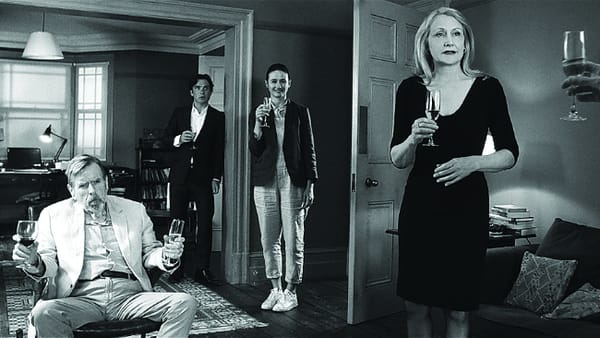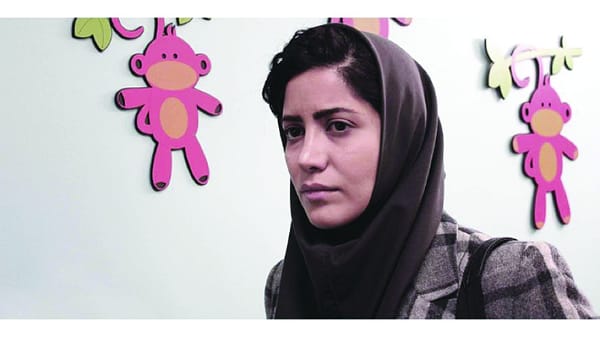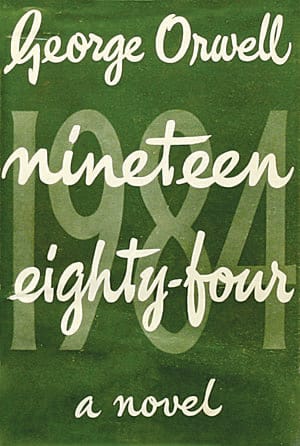Mindhunter – true crime binge TV
Producer David Fincher’s influences are enough to keep this gritty cross section of 70s police culture moving forward.

Mindhunter is a gritty 10 part Netflix crime drama set in 1977, based on John E. Douglas and Mark Olshaker’s book of the same name. Listing Charlize Theron and David Fincher among its producers, the show takes tips from both stars’ previous work, most notably the camera work and atmosphere, which were perfect in Fincher’s Zodiac. Jonathan Groff plays Holden Ford, an FBI agent who is motivated to understand why it is that criminals act the way they do, and the motivations of serial killers in particular. This leads to Ford joining up with the behavioural sciences solo unit at the FBI, run by Bill Tench (Holt McCallany). Agents Ford and Tench want to expand the unit from being just “profiling road school” to a scientific inquiry of what causes these random killings. There is constant internal scrutiny from the FBI about the worth of this unit from their boss, Shepard (Cotter Smith). The series then follows these characters try to learn why ‘spree killers’ exist, and to understand the psychology of their actions by interviewing them in prison. Subsequently, the team expands, with the unit hiring Wendy (Anna Torv), a Boston University social sciences professor, and further characters appearing later in the series. There is an over-arching plot at the beginning of every episode showing an unknown serial killer (well, unknown to agent Ford and Tench), preparing to commit the murders, displaying the show’s ambition to have enough plot to last several seasons.
“Mindhunter displays an ambition to have enough plot to last several seasons”
What Mindhunter seems to do well is the intense, intimate interview scenes with the serial killers the agents are studying. Most notably, the recurring character and real-life killer, Edmund Kemper, portrayed brilliantly by Cameron Britton. Britton’s portrayal of the sociopathic killer is well executed and probably the stand out performance of the series, with the effects of his visceral explanations of his crimes causing psychological damage to the agents investigating him throughout the series. This is not to mention the striking resemblance that Britton holds to the man, proving that casting is a crucial element of a good biopic.
Tench is a highly masculinised agent, visiting local police departments to teach them techniques, but mainly socialising and having a laid-back approach to the job. However, we see that these interviews detailing the heinous crimes have a large psychological toll on his character, leading his family life to be strained, and even causing him to take a break from the interviews. The idea that this seemingly granite character is ground down by these interviews is well executed over the course of the series and adds an extra dimension to the rough, military types we are used to watching in these scenarios.
“The introduction of Holdon Ford’s relationship with Debbie is clunkily implemented, and sometimes feels like a time filler”
On the other hand, Holden Ford seems to take an emotionless approach to the grisly world he has thrown himself into. He is reminiscent of a film noir detective, working his way through crimes coolly and calmly whilst he leads these interviews. Yet he seems to slowly pick up the characteristics of these characters and incorporates them into his own personality which climaxes in the season’s final episode. Early in the series he starts a relationship with a girl called Debbie (Hannah Gross) whom he meets in a cliché bar scene. She is seemingly put in the series to act purely as a plot device allowing us to see how Groff’s character changes from an upstanding member of the agency to somebody who has gotten in too deep with the psyche of the serial killer. However, this is clunkily implemented into the show and it sometimes felt that these scenes were just jammed in as time fillers. This is perhaps because the viewer just sees her as Ford’s student girlfriend rather than a complex character of her own. The show approaches its setting and time period quite well, giving an authentic feel of a time when there was much hostility towards the FBI in the USA. It also shows how the agency wanted to shed its image of ‘Hoover’s boys’ to a world leading highly successful special police force. It deals with the stigma of homosexuality within government agencies at the time through Wendy’s character as she is led to live a double life at home and at work. A lot of the scenes exhibit the film-making techniques perfected by Fincher in this genre in Seven and Zodiac, but at no point do they feel like a stale rehash of these works. The offices scenes, cold and dimly lit, are what Fincher does best, and Mindhunter is no different.
Mindhunter ’s first season promises to set in motion an interesting crime drama, which has great potential to go on to be one of Fincher’s classics. However, some of the episodes were stale and focused too much on FBI bureaucracy rather than focusing on what is obviously the show’s strongest asset: the thrilling interview scenes with psycho-killers.
3.5 Stars
Creator: Joe Penhall. Starring: Jonathan Groff; Holt McCallany; Hannah Gross; Anna Torv.








